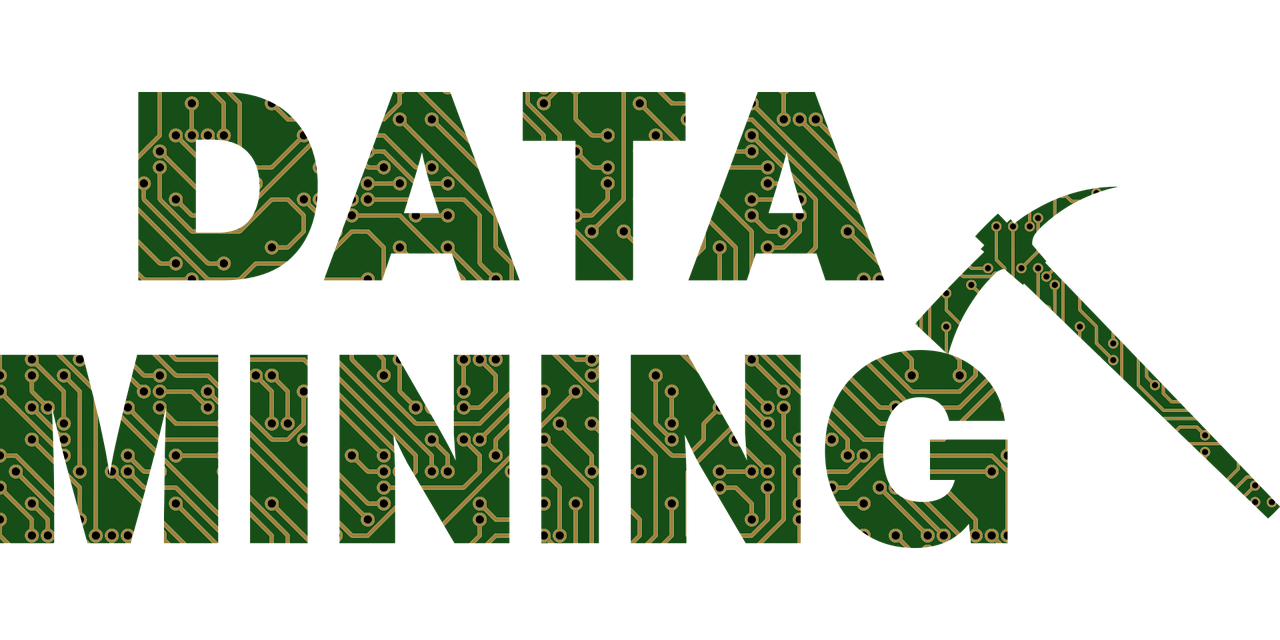What Does Data Mining Mean in Business Terms?
Businesses produce huge amounts of data every second, an activity that can be attributed to the various digital application required to generate such data. The quantity and variety of data that is available to businesses—from customer information to sales records, social media interactions to website traffic—is unprecedented. Businesses have started using data mining, a formidable technique that draws insightful conclusions and patterns from raw data, to fully realize the potential of this massive data landscape.
In terms of business, data mining is the practice of examining huge databases to find significant patterns, linkages, and trends. Advanced statistical and mathematical methods are used to reveal information that can give firms a competitive edge, the ability to make well-informed decisions, and improved operational efficiency.
Finding patterns that can lead to actionable insights is one of the main objectives of data mining in business. An e-commerce business might, for instance, evaluate past customer purchases to look for cross-selling opportunities. The company may customize recommendations and boost sales by learning which products are typically purchased together.
Data mining is useful for client segmentation as well. Businesses can divide their consumer base into separate segments and customize their marketing strategies by studying customer demographics, tastes, and habits. With this focused strategy, businesses can provide individualized experiences, increase customer happiness, and foster long-term loyalty.
Additionally, data mining gives companies the ability to forecast future patterns and results. Companies can predict market trends, demand patterns, and consumer behavior using methods like regression analysis and predictive modeling. Strategic decision-making can be aided by this knowledge, inventory management can be improved, and risks can be reduced.
Fraud detection and risk management are two more vital commercial applications of data mining. Organizations can spot fraud, stop financial losses, and safeguard their assets by examining historical data and spotting aberrant patterns. This is especially beneficial for sectors like banking, insurance, and cybersecurity.

What Is Data Mining In Business Analytics
Generally speaking, data mining is a process where companies and corporations transform raw data into more useful, comprehensive information. To achieve this feat, they deploy the use of programming languages like Python and R to disclose patterns in these data to know more about the particular target. In the business field, Data mining is deployed in a situation where the company is trying to understand its customers and behaviors better.
Data analysis is deployed in a situation where companies are trying to study customers’ behavior on a particular product, or the internal process required for a certain product. When it is done right, it extracts information from the available data and compares it with others to arrive at the most rational business decision. Businesses that indulge in data mining are always good at coming up with new strategies, discovering the best market for their products, and always a step ahead in sales.
Conclusion
Data mining is important to contemporary company operations. Organizations can use it to drive innovation, improve decision-making, and eventually achieve sustainable growth by turning raw data into insights that can be put into practice. In today’s data-driven economy, firms can maintain an advantage by utilizing the power of data mining.
Finally, the ethical issues raised by data mining, particularly those involving privacy and data protection, must be noted, nevertheless. Businesses must manage data sensibly, guaranteeing legal compliance and upholding the privacy rights of their customers.
(Writer:Haicy)





